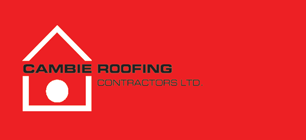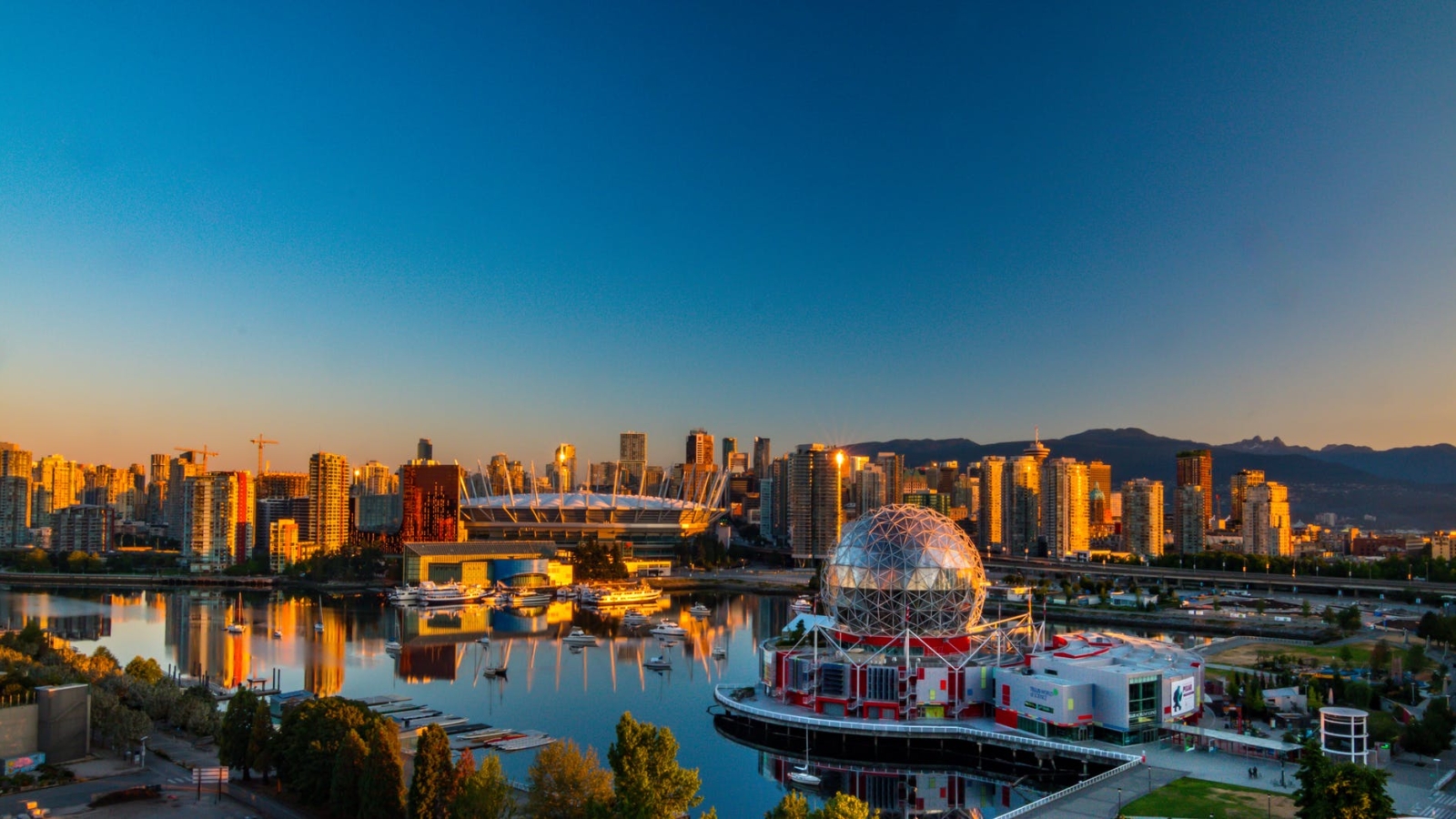Your commercial property needs a new roof sooner or later. You should prepare for that time to come because it’s a pricey investment. No matter how expensive the roof is on your building, it ultimately gives in to a bunch of factors beyond your control, including age and extreme weather conditions. When it’s time for a commercial roof replacement, you’re looking at spending thousands of dollars for a structure that you hope will last for at least 45 years.
So, what if something goes wrong with your newly installed commercial roof? This is where a roofing warranty comes in. You probably don’t think that much about the warranty that comes with the purchase of a new roof; you may not even be aware that you’re receiving one.
Commercial roof warranties are a requisite for any purchase and installation since it is the only way to protect your investment from faulty material or product. If there is an issue with the roofing material or its installation, the warranty provision gives you the right to compel the contractor to correct the problem without you having to pay a dime.
The installation of a new commercial roofing system entitles you to a bunch of warranty options, including:
1 – Workmanship Guarantee
The workmanship guarantee is issued by the roofing company tasked to install the new structure on your commercial building or facility. This is the type of warranty that protects the building owner from substandard workmanship as well as minor installation mistakes. For the most part, a workmanship warranty covers the cost of materials and labour needed to carry out the repair. The contractual agreement on workmanship warranty ranges from one year up to a decade of coverage.
2 – Material or Product Warranty
This commercial roofing warranty is afforded by the company that manufactures the roof materials or products that your roofer opted to use. The warranty covers any defect in the product and failure of the material to function as advertised. It is only valid if there is no evidence or indication of a faulty installation. Unlike the first type, this warranty is limited in scope. But most manufacturers try to compensate by offering up to thirty years of coverage.
3 – All-In or Full System Warranty
A full warranty is handed out by the manufacturer of the roofing product. It covers both the material used and the accessories needed for the installation of a new commercial roof. This warranty covers the materials and labour required in case a repair is needed within the prescribed period.
What You Must Know About Warranty Coverage
Many commercial property owners are clueless about the coverage details of their roof warranty. You must dig deep and review every provision in the roof installation or replacement contract. Be sure that you are fully covered. You can also talk to your insurance company about extended coverage.
You’re covered in these scenarios:
- Improper Installation – If the roofer is at fault with the incorrect installation of your commercial roof, you have the right to demand the leak or any other defect to be fixed at no cost.
- Material Defect – If the product used in a commercial roofing replacement is defective or fails after just a couple of months, then you are entitled to demand for the enforcement of the warranty. The most common product defect is the roofing membrane, but it could also be other components and parts.
- High Winds – The “high winds” coverage in commercial roofing warranties vary from one contract to another. You should talk to your local roofer about wind speeds in your location before you purchase additional coverage.
You’re not covered in these instances:
- Incorrect Repair – Resist the temptation of resolving a damage or leak if your commercial roof is still under warranty. Resolve the issue within the scope of the warranty. If you hire a roofer who chooses low-quality materials and comes up with an inferior repair job, likely, your bill won’t be covered by the warranty.
- Unsanctioned Alterations – A commercial roofing warranty includes a list of roofers who are allowed and qualified to perform the repairs and other alterations. If you choose someone who isn’t on that list, don’t expect the costs to be covered by the warranty.
- Act of God – Majority of commercial roofing warranties cover extreme weather conditions like hailstorms, high winds, and torrential rains. But the so-called “acts of God” like an earthquake, major hurricane or tornado aren’t part of it.
- Standing Water – Standing water on the roof is attributed to the lack of proper drainage. So, if your roof incurs damage due to standing water during the warranty period, don’t expect the repair costs to qualify for coverage.
The Importance of Commercial Roof Maintenance
Even with a commercial roofing warranty in place, you still need to have your roof regularly inspected and maintained. The lack of maintenance and regular inspection means that minor issues are ignored. You could end up voiding your warranty at the time when you need it the most.
Most commercial roofing warranties require at least one inspection every year. Only an authorized roofing contractor performs the examination. Although some commercial property owners are upset about the added burden of hiring someone to inspect the roof, it benefits them in the long run. A comprehensive inspection is the only way to find out if there are issues on the roof. That must be addressed right before they become a considerable financial burden. A timely repair not only prevents a costly replacement, but it also prevents the possibility of voiding the commercial roofing warranty.

